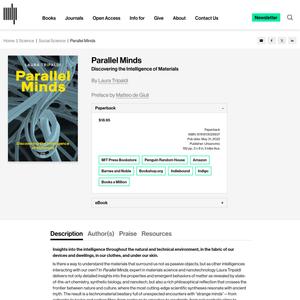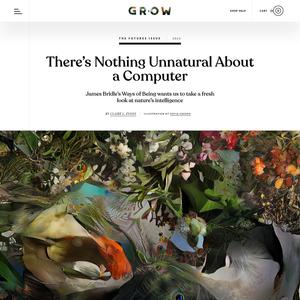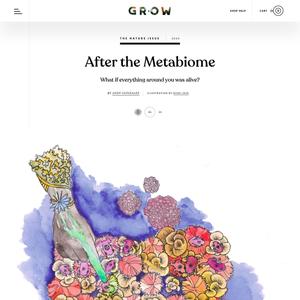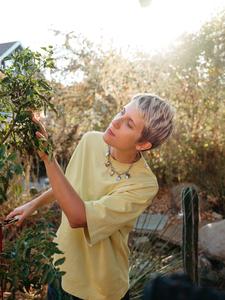

How can we align our interests with what living organisms and systems naturally do? How can we yoke ourselves to what they’re doing so that our relationship is no longer exploitative, but rather one where we’re putting existing capabilities to productive ends?
— Claire L. Evans, From Slime to Silicon
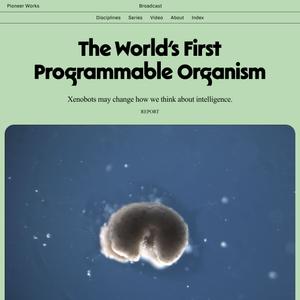
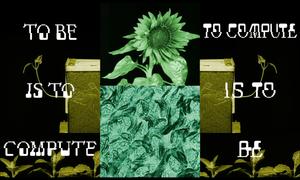
If you start thinking about things at an even smaller scale, really, nothing is solid. Everything is porous.
— Claire L. Evans, From Slime to Silicon
Perhaps imagination is its own kind of computer, where we’re modeling something to ourselves as a way to experiment with it.
— Willa Köerner, From Slime to Silicon

Because ecologies are so complex, and because they operate at different scales simultaneously, and across time, the only way to get any understanding is to create a number of different models and see where they might overlap. That’s where the truth is, if it exists.
— Claire L. Evans, From Slime to Silicon


For me, the ongoing life force that resists entropy—whatever it is that organizes living systems and makes them capable of complex emergent behaviors—is the most mystical thing.
— Claire L. Evans, From Slime to Silicon
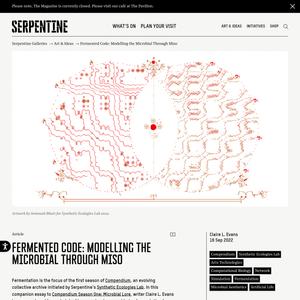
Can biology teach us how to create new computing architectures that aren’t so extractive? We’re literally running out of sand. What’s the new substrate going to be? Could it be alive?
— Claire L. Evans, From Slime to Silicon
At some point I think we’ll fully realize that what’s happening in the natural world is more computationally efficient, inventive, and resilient than anything we could create from silicon.
— Claire L. Evans, From Slime to Silicon
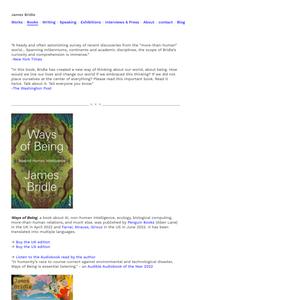
There are people creating artificial intelligence from the top-down, using traditional machine-learning methods, but there are also people working towards generating life from code from the bottom-up, using evolutionary methods. There are synthetic biologists programming cells like code, roboticists working with living matter, and researchers drawing inspiration from living systems—swarms of fish, flocks of birds, slime molds, or seedling roots—to imagine new computing architectures.
— Claire L. Evans, From Slime to Silicon

Overall, I think subsistence gardening appeals to a fantasy of wanting to live off the grid, but that can also be a bit isolationist. We live in a world of profound dependence on one another. So instead of growing food for survival purposes, I treat my garden as something to have a relationship with.
— Claire L. Evans, From Slime to Silicon

